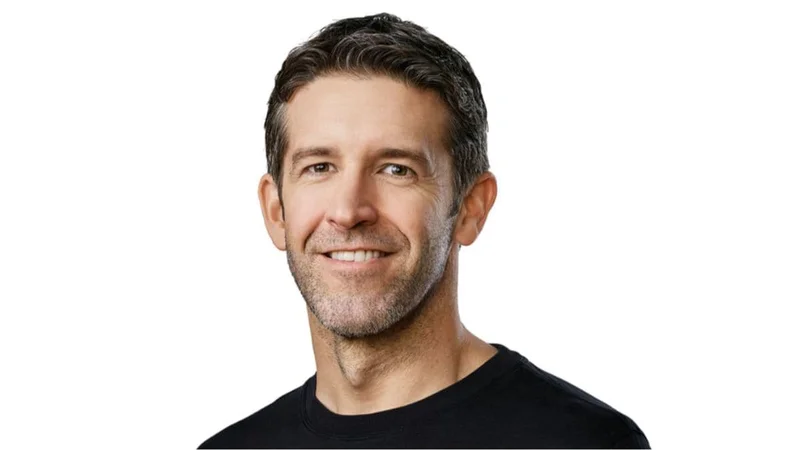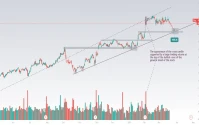The John Ternus Era: A Hardware Gamble?
The tech world is buzzing about Apple's succession plans, specifically the very real possibility that John Ternus is next in line after Tim Cook. Cook, who turned 65 last year, has navigated Apple through a period of unprecedented growth, transforming it into a $4 trillion behemoth. But the question now is, can Ternus maintain that trajectory, and more importantly, is his hardware focus the right bet for Apple's future?
Ternus, currently Senior Vice President of Hardware Engineering, certainly has the resume for it. He's been with Apple since 2001, a long tenure that gives him deep institutional knowledge. He's overseen engineering on pretty much every major Apple product of the last decade: iPhone, iPad, Mac, AirPods. The Financial Times even suggests that Apple's board is prioritizing hardware expertise in this transition.
But here's where the data gets interesting, and where I'll inject a personal aside: I've looked at countless executive transitions, and the emphasis on "hardware" feels a little… nostalgic. Apple's growth under Cook hasn't just been about shiny new gadgets. It's been about services – Apple Music, Apple TV+, iCloud, the App Store. These services are a massive revenue engine (generating billions each quarter), and that's where Apple's future growth should be.
The Services vs. Hardware Dilemma
Eddy Cue, who heads up those services, is also in the running, but seems like a less likely pick, according to most reports. The argument against Cue is that his expertise is "focused on that specific ecosystem rather than Apple’s core hardware and operations." But is that really a weakness? Or is it a strength that Apple is overlooking?
Let's look at the numbers. While Apple doesn't break out exact profit margins for each segment, we can infer some things from their quarterly reports. Hardware sales are cyclical, tied to product release cycles and upgrade patterns. Services, on the other hand, provide a much more stable, recurring revenue stream. The iPhone still accounts for a significant portion of revenue, but services are steadily catching up.

Consider this: Apple's stock price is heavily influenced by investor expectations of future growth. A hardware-focused CEO might be perceived as a "safe" choice, someone who understands the existing product pipeline. But "safe" doesn't always translate to "growth." Investors want to see Apple dominating new markets – AI, AR/VR, maybe even the metaverse (though let’s hope not). These areas require a services-first mindset, not just better chips or sleeker designs.
A Generational Shift or a Repeat of History?
The narrative around Ternus also emphasizes his age – 50 years old, the same age Cook was when he took the reins. There's a certain appeal to repeating history, to finding another leader who can guide Apple through the next decade. But the world has changed dramatically since 2011. The competitive landscape is fiercer, the pace of innovation is faster, and consumer expectations are higher.
And this is the part of the report that I find genuinely puzzling: the lack of discussion about AI. Apple is facing immense pressure to innovate in AI, to compete with the likes of Google, Microsoft, and Amazon. Where does Ternus's hardware background fit into that picture? Does he have the vision and expertise to lead Apple in this crucial area? Or will Apple be playing catch-up for the next few years?
The other potential candidates – Craig Federighi (software chief), Katherine Adams (General Counsel), and Sabih Khan (COO) – each bring unique strengths to the table. Federighi has the charisma and user-facing credibility, Adams has the legal and strategic acumen, and Khan has the operational expertise. But none of them seem to be generating the same level of buzz as Ternus.
The Data Doesn't Lie
So, what's the real story? Apple appears to be prioritizing a hardware-centric leader at a time when its future hinges on services and AI. It's a calculated risk, a bet that Ternus can evolve beyond his hardware background and lead Apple into a new era. But the numbers suggest a different path, one that prioritizes recurring revenue, software innovation, and a deeper understanding of the evolving tech landscape. Only time will tell if Apple is making the right call.










